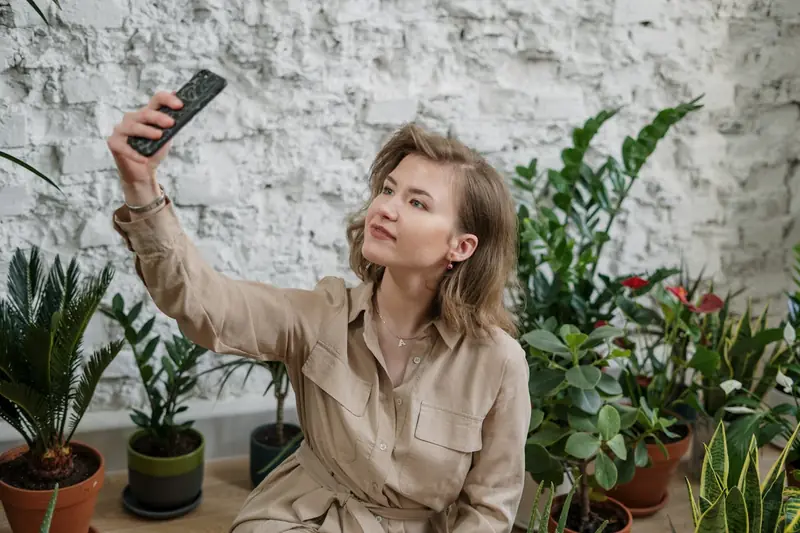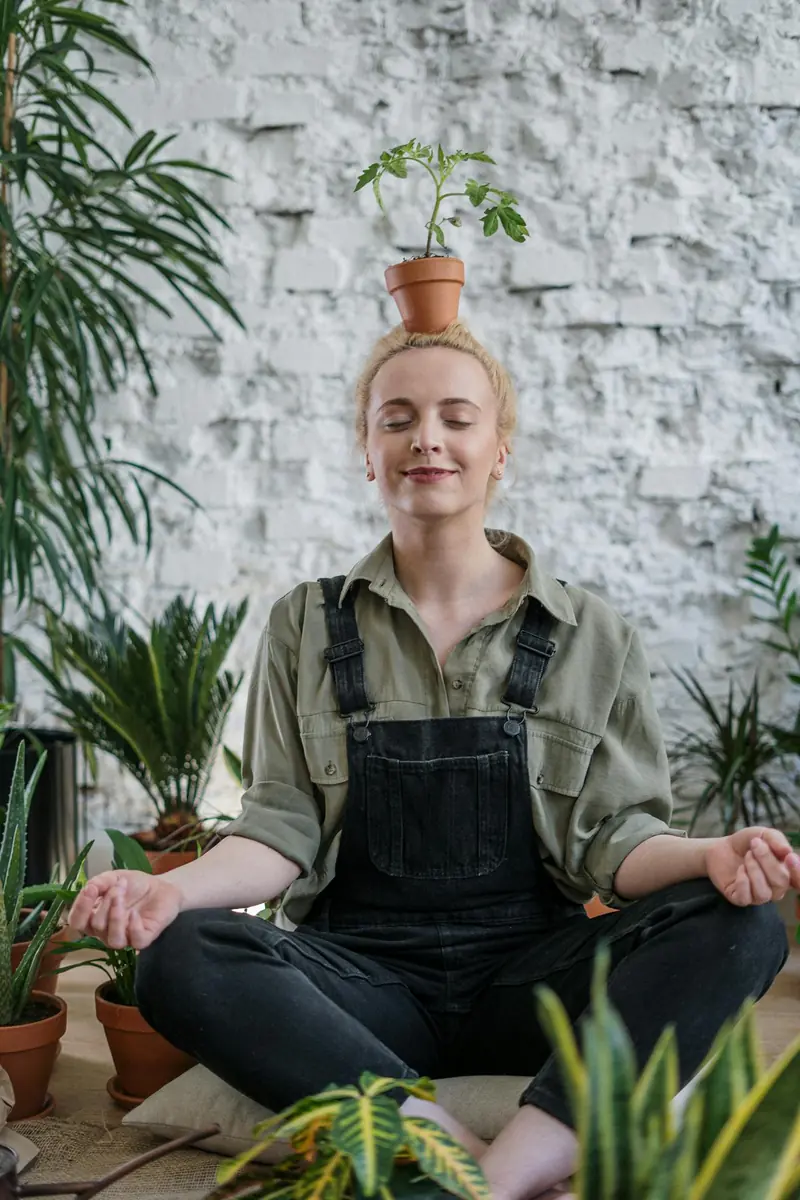
So, while we used to just need to water our houseplants on time, we now consider them part of the family.
A team of researchers from the University of South Australia surveyed 115 volunteers aged 18 to 69 who owned houseplants. On average, the participants had about 15 plants at home, with one individual boasting over 500.
The scientists asked respondents to describe their “relationships with houseplants.” The results revealed that around 14 percent of participants had formed close bonds with their plants. These volunteers expressed feelings of “deep love” for their greenery and even considered them family members. Meanwhile, 42 percent reported an emotional attachment to their indoor plants.
In response to the survey, a 28-year-old man told researchers that his houseplants are “like children” to him. A 48-year-old participant admitted that he talks to his plants every day, professing his love for them.
This trend seems particularly relevant for Generation Z. A 24-year-old participant stated that she feels the same tenderness for her plants as she does for pets. Another peer remarked, “Plants are my children.”

What’s Behind This?
The research team believes that this emotional attachment to houseplants has developed alongside the social media craze for photos featuring quirky potted plants. Interestingly, plant sales surged during and after the pandemic, as reported by the Daily Mail.
Dr. Brianna Le Busque, who led the study, noted, “People now view houseplants as family members. They feel strong emotions toward their potted plants, possibly because caring for them provides a genuine sense of purpose and satisfaction.”
However, according to the researcher, just a generation ago, houseplants were more like pieces of furniture—nothing more. Now, people are seriously studying how to care for their plants and know their exact scientific names. Moreover, some volunteers confessed to the researchers that they suffer when a plant loses leaves or starts to wilt.
Interestingly, women were more likely to report a close attachment to their plants than men. Twelve percent of male participants stated that they had no relationship with their plants at all.
The researchers also suggested that the warm feelings toward houseplants may be linked to their ability to reduce stress and negative emotions, as well as to provide a sense of relaxation and improve indoor air quality.
The findings of the study were published in the journal Plant Environment Interactions.
A recent study led by the Royal Horticultural Society in the UK found that people prefer plants with rounded shapes and consider their healthy appearance important for their well-being.
